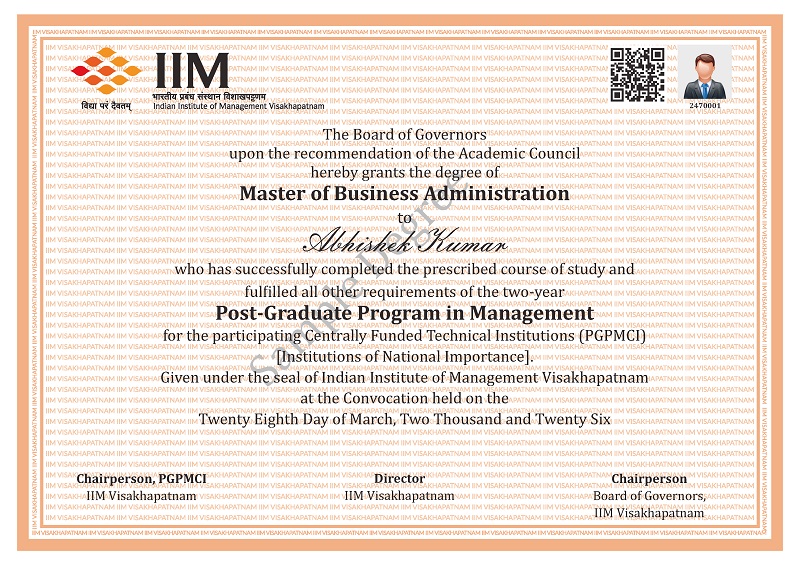Fake degrees undermine the credibility of valid qualifications and put lives at risk. They also put companies at risk of damaging their reputations and lower employee morale.
It is crucial to be aware of the indications of diploma mills. Checking employees’ credentials regularly will ensure that their credentials are authentic. Companies can save money by reducing hiring and training costs.
Diploma Mills
According to Allen Ezell, an 81-year-old retired FBI agent with 65 degrees (only one of which is genuine) and has dedicated much of his life to studying diploma mills, the market for fake credentials is $7 billion annually in the business world. However, he cautions that establishing an official blacklist of fake universities isn’t possible. Fake colleges can change names, internet domains and other information to avoid being detected.
These scams usually target at those who work in the office during the day, but who want to continue their education in the evening. These scammers use convincing fake professors, attractive campus images and other appealing elements to entice their victims.

An effective way to judge whether a university is genuine is to check its past performance. Verify the legitimacy of its accreditation through a trusted agency. Do not enroll if you notice any suspicious signs. The school should be reported to your attorney general in the state you reside. This will help prevent the university from defrauding other people. It is also essential to conduct your research prior to enrolling in any online class. You must confirm the contact details for the school and determine if the school has any issues.
Credential Fraud
For decades, educational institutions and employers have relied on paper certificates to prove a person’s credentials. The diploma mill business is expanding producing fake academic certificates that don’t count on the job market and eroding public trust in legitimate higher education and click here https://lambang-toanquoc.com/.
Scammers, for instance, make use of aggressive methods for advertising, such as spam emails or pop-up advertisements to entice customers. The scammers usually offer university degrees for a fee but rarely offer courses. They also “steal the name of a famous person,” says Sarah Eaton who was a contributor to the Canadian book and teaches at the University of Calgary.
Moreover, diploma mills can create degrees from any number of universities–including real ones–and many offer degree programs that are extremely short and involve little to no work. Employers who hire employees with fake degrees stand a risk of getting fired or detained later in their career for fraud. Employers should adhere to the highest standards when verifying credentials to prevent problems. This involves conducting an education check before hiring them, as well as making sure that they are able to recognize fake degrees.
Fake degrees affect real qualifications
False degrees diminish the value of genuine academic achievements and make it difficult for merit-based systems of advancement. Fake degrees can be risky. For example in the event that a healthcare worker has fake qualifications, it could result in shoddy patient care. False credentials for law enforcement can result in officers who are not properly trained to enforce laws and undermine public trust in the agencies.
False academic credentials may also be detrimental to businesses. They could lead to decreased productivity and more expensive expenses by requiring companies to spend money to train employees who do not have the required capabilities to carry out their job. Businesses that employ employees with fake academic credentials can also have a negative reputation and lose clients and customers who value honesty and integrity.
Employers can avoid hiring workers with fake academic credentials by implementing degree verification processes in the process of interviewing. Check for inconsistencies on applications and resumes, which include dates of attendance or majors. Be cautious of applicants who do not respond or are unclear with regards to their responses when you ask for details regarding their educational background.
Online Education Verification Challenges
The world of education online is set to continue changing, and so will the need for robust solutions. From education institutions to employers all parties must have confidence in the legitimacy of academic credentials earned online.
However, the rise of diploma mills and sophistication of fraudulent credentials is making the process more difficult. Ezell estimates that fake degrees are worth $7 billion annually worldwide.
The diversity of standards among the providers of distance education is another issue. Some institutions adhere to high academic standards, while others may not be accredited or even unaccredited. This could result in a lack of consistency which is difficult for evaluators to detect.
Additionally, the global reach of online education means that verification systems need to be able to accommodate differences in cultural and legal circumstances across international boundaries. In order to overcome these difficulties, cutting-edge technologies such as tamperproof digital certificates, biometric identity authentication, as well as an inter-institutional system that allows the exchange of verified information, are being created. These innovations are changing the landscape of online education and fostering an increase in trust and reliability in the field of virtual education.
How to combat fake degrees
Fake degrees are an issue that is difficult and complicated to address. They’re multi-national and difficult to control and fuel an apparently insatiable demand for educational qualifications. While Eaton and Ezell note that it is difficult to create a definitive blacklist of fake schools as well as degree mills (and the fraudsters are adept of changing their names as well as internet domains), they also recommend employers do thorough background checks on their employees by contacting credible education agencies and contacting the universities that issued the degrees.
As a result of the ease at which fake degrees are easily purchased and utilized, fake degrees undermine the legitimacy of authentic qualifications and potentially expose lives to risk. The authors recommend further research to employ analytical tools derived from economics to explore the role of fake degrees and related markets, such as looking at the costs of transactions and liability distribution. The issue could be investigated with the help of club theory. This paper is the first step towards analyzing the issue. See the supplementary materials for further information. Note: The authors are grateful to James Monroe University, which provided the data used in this study.


